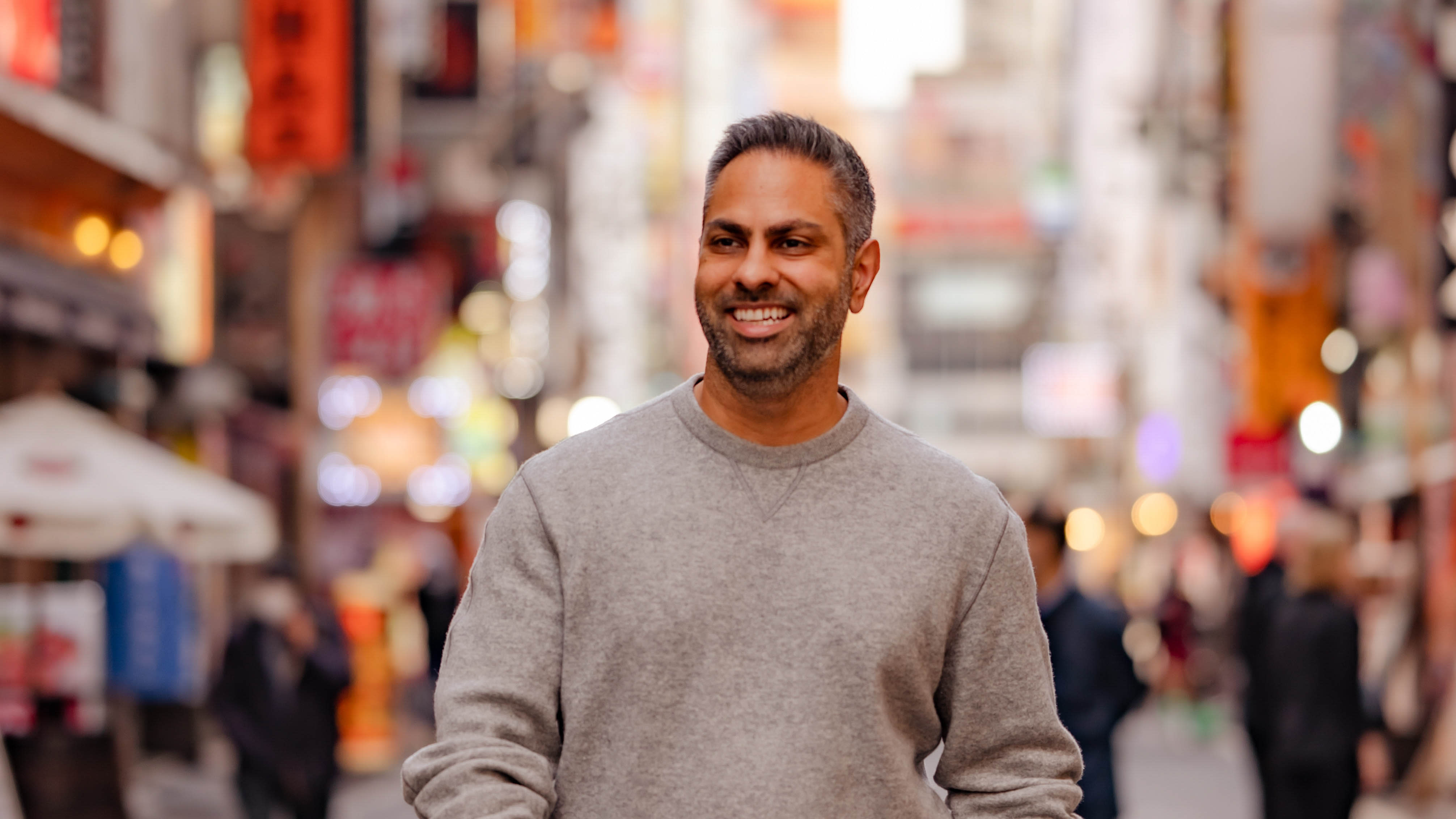If you’ve been truly hurt by someone, it can be hard to forgive. But there is new research that shows forgiveness may just free up more space in your life for happiness.
Everett Worthington has decades of experience studying forgiveness as a clinical psychologist. He is the co-author of a recent study that shows forgiving others may lead to improved mental health and well-being.
“There are a lot of benefits to the person who forgives,” Worthington says.
“The main way that forgiveness affects mental health is by lowering rumination,” which is playing things over and over again in our minds, he adds.
Every time a person experiences rumination, it stresses them out more.
“As we forgive, we get a certain amount of closure on that incident, and that closure dampens down that rumination,” he says.
Worthington’s study included more than 4,500 participants from five different countries.
During the experiment, half of the participants completed exercises in a workbook that teaches tools of forgiveness, and after two weeks, they experienced less symptoms of depression and anxiety than those who didn’t do the exercises.
The research hasn’t been peer-reviewed just yet, but the framework of the workbook is pretty simple and can be used to help you get started on the road to forgiveness.
The REACH model for forgiveness
The workbook participants used in the study relies on a five-step model for forgiveness that Worthington created. It’s called REACH.
The five steps of the REACH model are:
- Recall the hurt: Try to think about the hurt without focusing on potentially negative outcomes in the future, says Worthington.
- Empathize with the person: Attempt to empathize with the person who hurt you. “Some hurts, they’re just horrendous that we just can’t get into the shoes of the other person and empathize. In that case, [try] other emotions like feeling sorry for them, sympathy for them or compassion towards them,” he says.
- Altruistic gift: “Give an altruistic gift,” of forgiveness because it’s a choice. “No one deserves forgiveness because they hurt me,” he says. It’s an unselfish gift that we choose to give, he notes.
- Commit: Decide to commit to the forgiveness you’ve given the other person.
- Hold onto your forgiveness: This is especially important when you experience emotions that cause you to doubt the forgiveness, Worthington says.
Sometimes, the forgiveness is for you
Outside of studying forgiveness, Worthington was faced with the challenge of forgiving the man who killed his mother in 1996.
After processing his feelings and seeing how the hurt was changing him, he decided to commit to forgiving the man and hold onto the forgiveness.
“I was able to experience emotional forgiveness and make a decision that I would treat him differently if the circumstances arose that I ever met him,” says Worthington.
The decision to forgive in that moment wasn’t an easy one for Worthington, but it did free him from remaining in a dark place.
What are the costs of that grudge?
Roger Miller
Clinical Psychologist at Aviv Clinics
“If we can let ourselves forgive, we are literally helping ourselves heal, [even] physiologically with lower stress levels,” says Roger Miller, a clinical psychologist at Aviv Clinics who specializes in neurological health.
Chronic stress can do damage to the body, says Miller, especially when your stress hormone, cortisol, is elevated. It can heighten your risk of anxiety, depression, post-traumatic stress disorder, heart disease and diabetes, he adds.
“We have to recognize within ourselves that by not [forgiving], we’re hurting ourselves,” Miller says. “What are the costs of that grudge?”
DON’T MISS: Want to be smarter and more successful with your money, work & life? Sign up for our new newsletter!
Get CNBC’s free report, 11 Ways to Tell if We’re in a Recession, where Kelly Evans reviews the top indicators that a recession is coming or has already begun.


